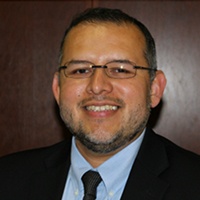 Schertz Felony Lawyers, Texas
Schertz Felony Lawyers, Texas
Sponsored Law Firm
-
 x
x

Click For More Info:
-
Law Office of Robert R. Jones III
2411 Emancipation Ave, Suite 202, Houston, TX 77004» view mapCriminal Defense Expert Representation for Reasonable Rates
If you need representation, call me 24/7.
800-883-8760
Sponsored Lawyers
1-7 of 7 matches
Criminal, Felony, Misdemeanor, DUI-DWI
The Aldape Law Firm P.L.L.C. is 100% devoted to criminal defense. This includes: State and Federal Criminal Cases - examples: DWI, Drug Possession, Human and Drug Trafficking etc.... Revocation Hearings - examples: motions to revoke probation, motions to revoke deferred adjudication Appeals - examples: appeals of both State and Federal Convictions Parole - examples: parole revocation hearings, parole packets seeking release from TDCJ DWI/Occupational Licenses - if certain conditions are met even a person who has a license suspension for refusing a breath test may be able to secure a license allowing them to travel to and from work Expunctions and Non Disclosures - examples: destruction of criminal records 24 Hour Access It is important to seek counsel immediately following an arrest, indictment or allegation. Contact us 24 hours a day to discuss your case.
(more)


 Robert Jones San Antonio, TX
Robert Jones San Antonio, TX AboutLaw Office of Robert R. Jones III
AboutLaw Office of Robert R. Jones III Practice AreasSpecializations
Practice AreasSpecializations

